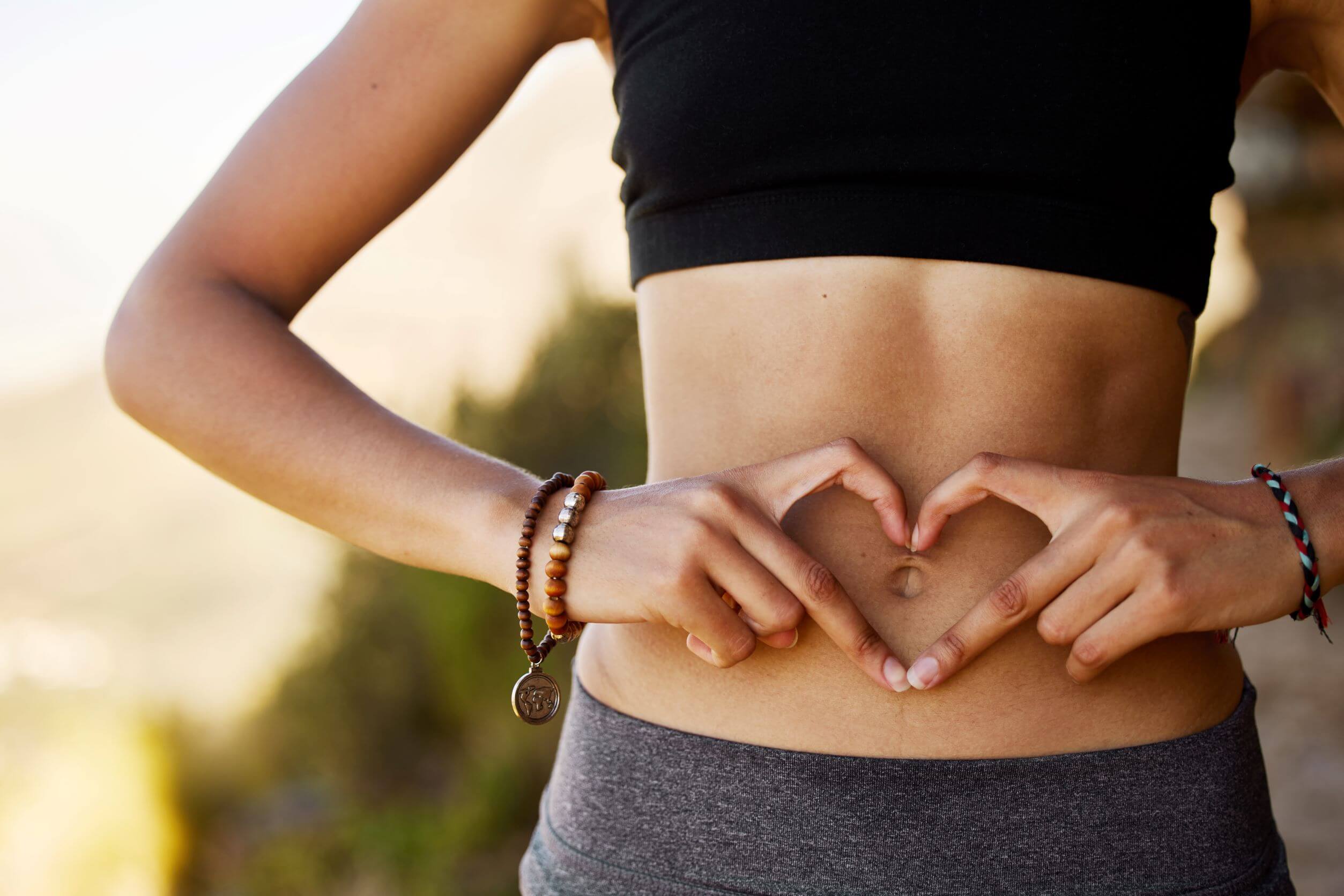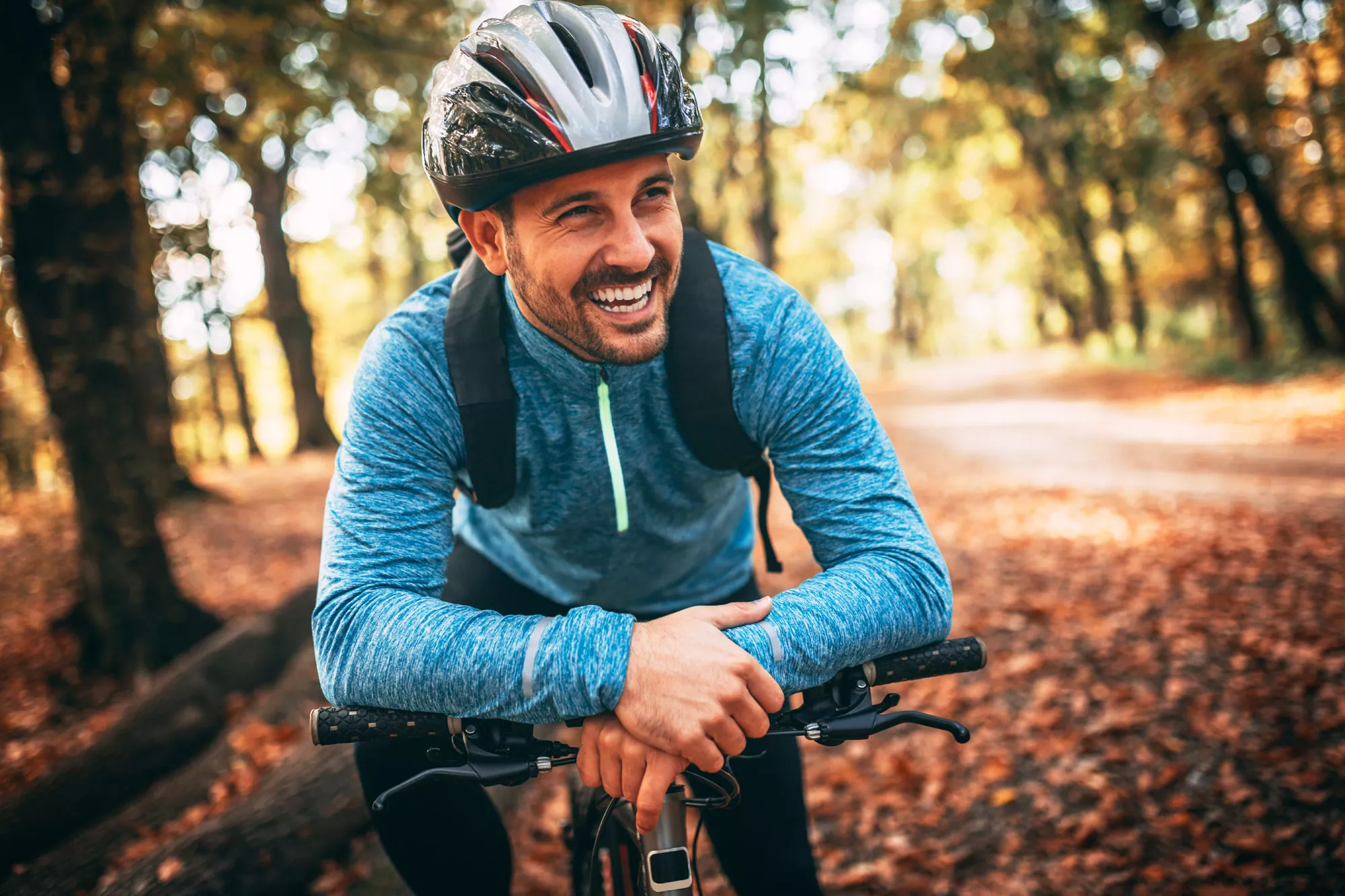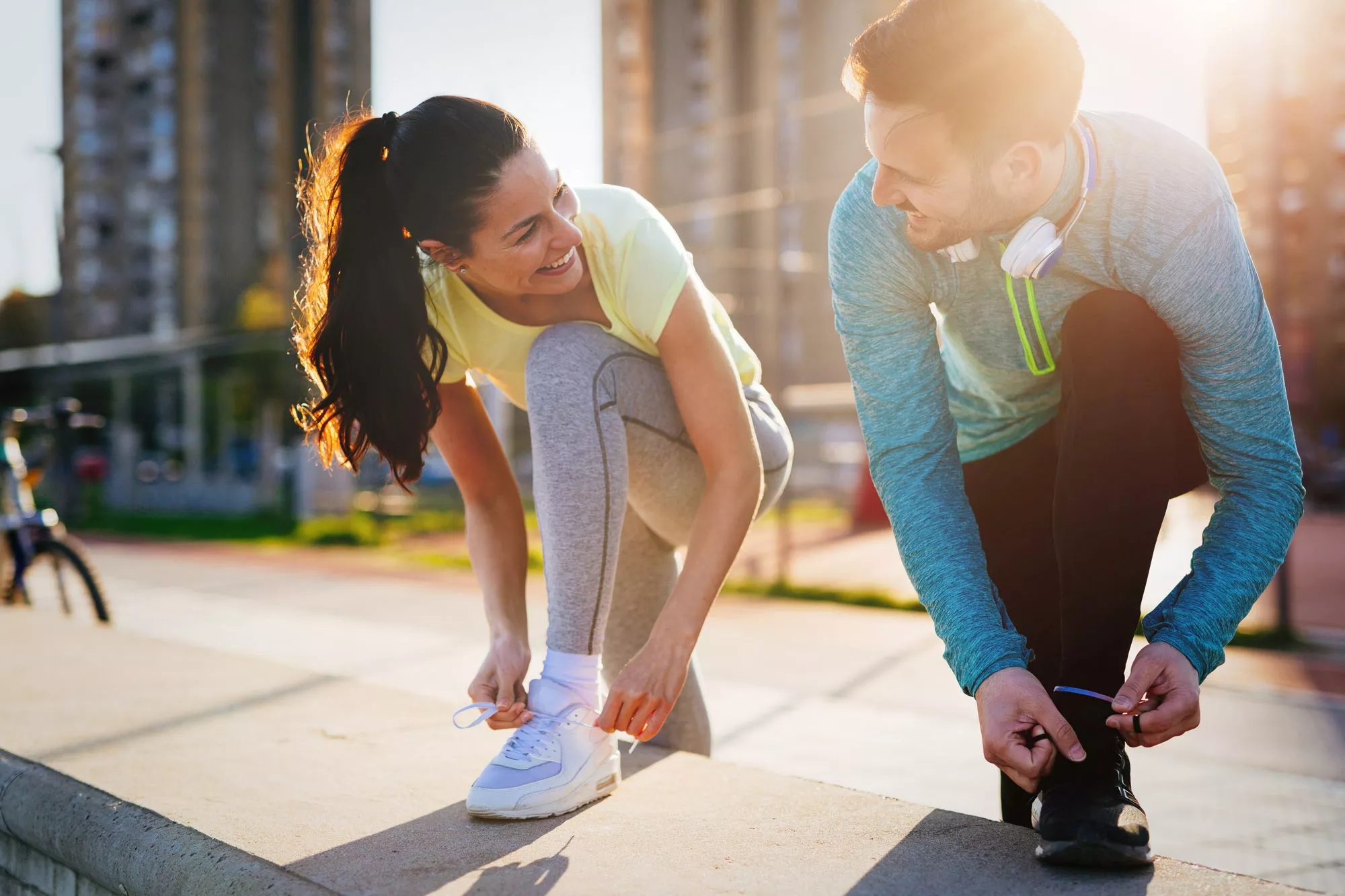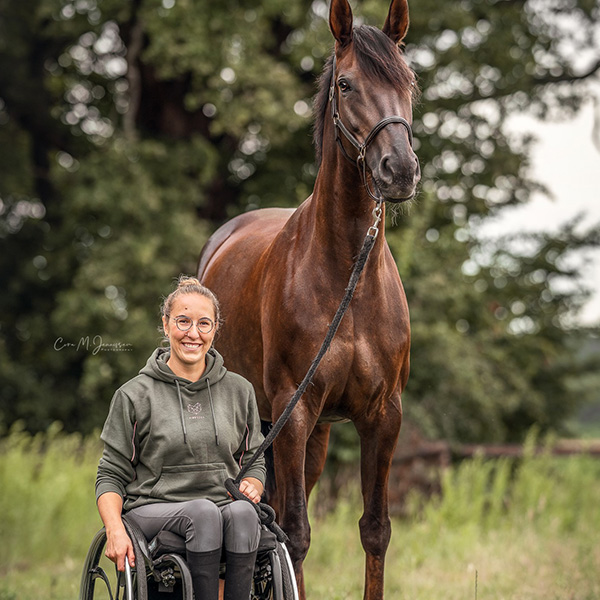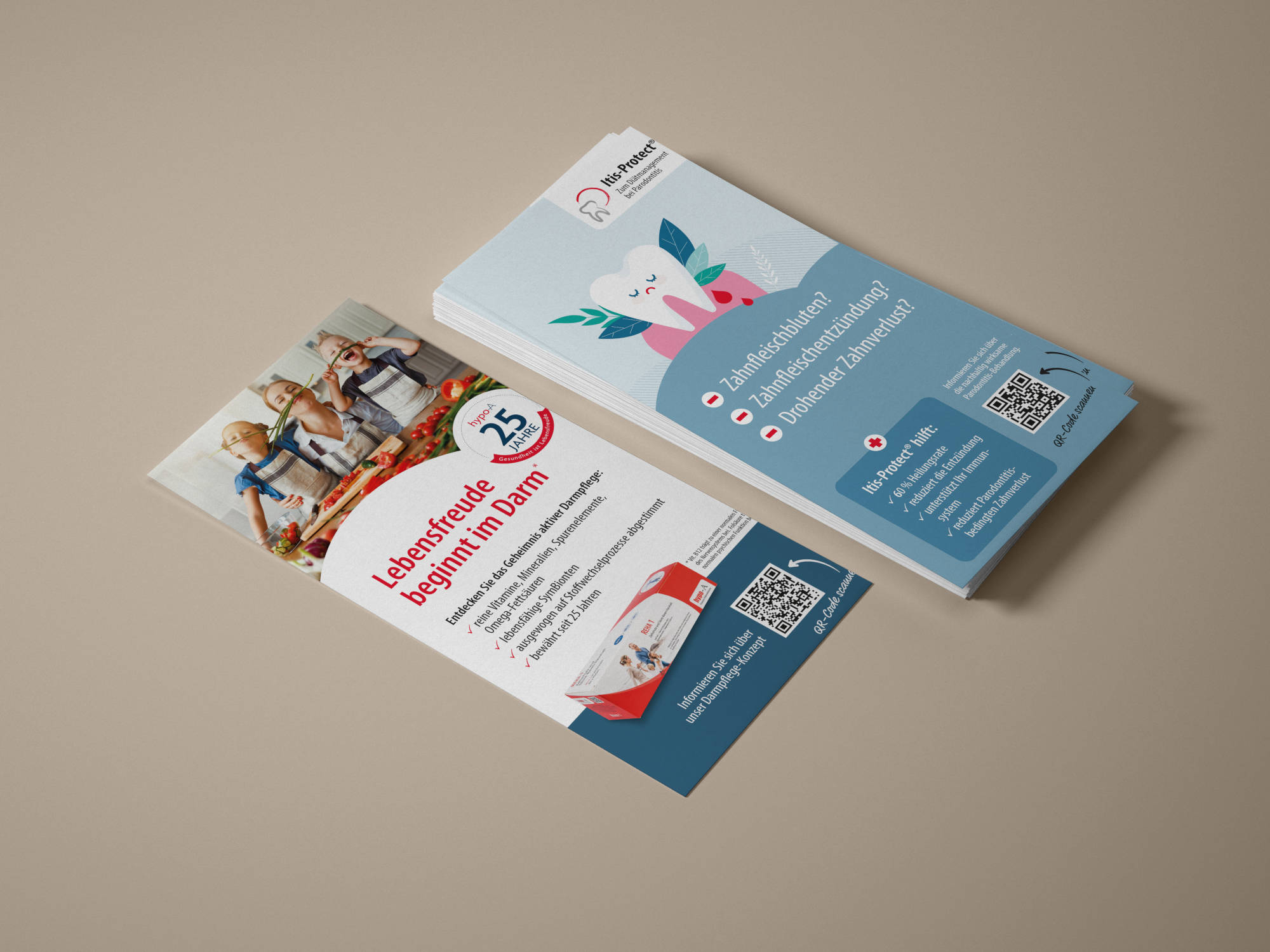26/03/2024
Food supplements for athletes

The best nutritional tips from 30 years of sports medicine.
Sport is healthy. While endurance sports primarily benefit the heart and circulation, the metabolism and our psyche, targeted strength training can protect the back and joints and help us stay active, fit and vital into old age.
An often-asked question:
How useful are nutritional supplements in sport? What does the body need and for what purpose?
The doctor for sports medicine and naturopathy Peter-Hansen Volkmann provides the answers.
Interview with sports physician Peter-Hansen Volkmann
What connects you to sport?
Even as a child, I was quite sporty, cycling around 10 kilometres to school - in all weathers in East Frisia. In my youth, I was even a lifeguard and competitive swimmer. Then came a swimming accident: I injured my lower lumbar spine doing a propeller from the 7-metre board. I was only 17, had my whole life ahead of me - and I could no longer feel my legs. But I was lucky. The spine was uninjured and the traumatic cross-section regressed during the night. What remained was pain in my left knee, which was to accompany me for 20 to 25 years. During this time, I consulted countless experts and received 30 to 40 diagnoses, some of which were exotic, such as "beet puller's disease". At some point I came to orthomolecular medicine as a doctor. Since then, despite all the "scientific" diagnoses, my knee has been completely symptom-free when I'm sufficiently supplied with zinc! In other words, my knee is my signalling device for basic regulation, for my fitness.
What is particularly important to you when looking after athletes?
In 30 years of practice, I have been able to accompany many competitive athletes to success. Triathlon, boxing, football, walking, canoeing, horse riding, sailing, skiing, tennis - everything from championship titles and gold medals to Champions League victories. I like to say to my athletes "Pure orthomolecular therapy is the oil can for nerves, muscles and joints". It simply runs easier, smoother. Even after extreme challenges such as the Iron Man, "my" athletes hardly had any sore muscles and quickly felt fit again. That has always been my goal: for people to enjoy exercise and sport, feel fit and at the same time be less susceptible to injury. This is also the reason why hypo-A has been sponsoring and expertly supporting talented athletes for many years.
Was there an outstanding moment for you?Not just one (laughs). A particular highlight for me was Martina Ertl's ski race at the 2001 World Championships in St. Anton. After a serious fall a few weeks earlier, she wasn't actually supposed to compete there. However, after four days of intensive orthomolecular therapy under my guidance, the German Ski Association decided to allow her to compete in the race. You can imagine how I felt sitting in the famous front row when she won the gold medal!
Mainstream sport is just as important to me. Exercise is both an expression and a source of joie de vivre. People who move fluently and with ease are much more motivated, mentally and physically fitter, enjoy doing sport and do a lot for their quality of life. That's what drives me
What advice do you have for people who want to get physically active again after a long break?
Decide on a sport that suits you, that can be easily integrated into your everyday life and that you really enjoy. It's particularly easy to get started if you plan a fixed date and arrange to meet up with friends. Feel how your well-being changes from time to time. Do you feel more relaxed? Are you proud of yourself? Are you in a better mood or are you sleeping better? These are all good reasons to get active and stick with it!
Depending on your age and state of health, I recommend a medical health check before you start running again. Small goals are enough to start with, take it easy. Over time, you can then build up your activity in line with your age. Muscles, cardiovascular system, tendons and joints - they all need to get going again and settle in.
A wide range of nutrients will make the transition easier for your body. My favourite recommendation is REHA 1, a combination of salmon oil capsules, B vitamins, trace elements and magnesium calcium.
How useful are nutritional supplements in sport?
For me, the basis of any sporting success is a healthy, balanced organic fresh diet. When we do sport, we need more energy, but also more nutrients. After all, we also excrete minerals and trace elements with our sweat, which need to be replaced. Food supplements can compensate for this.
A good supply of nutrients supports our body in the regulation and interaction of muscles, nerves and joints. We need all of this if we want to perform at our best and avoid injuries. Calcium, magnesium, vitamins D and K, manganese and zinc play an important role for our bones (1), vitamin C contributes to normal cartilage function (2) and calcium, potassium, magnesium and vitamin D support our muscle function (3).
Orthomolecular medicine and applied kinesiology also recognise numerous connections between muscles, meridians, internal organs and so on. (4). Everything is connected to everything.
An interesting picture. Can you give us some examples?
Like. If someone has eaten something wrong and now has problems with their stomach, this can lead to tension in the shoulders and neck. Our pancreas, liver and gall bladder have a bioenergetic connection with the mid-thoracic spine and the large intestine with the lumbar spine. Accordingly, as a naturopathic doctor, I see the widespread disease of back pain not only as a result of a lack of exercise and poor posture, but also in the context of a diet that is not really healthy and a chronically disturbed intestine.
Another example is "hormone muscles" in the pelvis and shoulder girdle, which can no longer function optimally under the influence of hormone-active plasticisers. This makes it all the more important to avoid plasticisers such as bisphenol A from kitchen utensils etc. as much as possible, especially when playing sports such as golf and tennis.
I see complaints in the area of the medial meniscus involving the sartorius muscle ("sartorius muscle") against a similar background. From a holistic perspective, this muscle is closely connected to the adrenal glands, where the stress hormones adrenaline, noradrenaline and cortisol are produced, which require a wide range of orthomolecular substances. If the sartorius muscle reacts to stress, this can lead to pain on the inside of the knee or a trapped medial meniscus, for example, due to increased muscle tension.
When are nutritional supplements useful in sport?
Nutritional supplements are always useful if the requirement cannot be covered by a balanced fresh food diet. Be it due to the respective living and working conditions, e.g. with canteen food, intolerances, a chronic bowel disease, exceptionally high requirements, such as those of competitive athletes, diets or special diets.
For example, those on a vegan diet should make sure they get enough iodine, iron, calcium, vitamin B12, the omega-3 fatty acids EPA and DHA, as well as sufficient protein, and supplement any missing nutrients (5). Even if someone wants to lose weight with the help of sport and deliberately does not compensate for their increased nutrient requirements with larger meals, nutritional supplements can help them stay fit.
However, even if we eat well, we are not automatically well nourished. Eating under time pressure, not chewing carefully, eating highly processed and additive-laden foods, from frozen pizza to chocolate bars, puts a strain on our gut and can upset the bacterial balance - our gut microbiome. Ultimately, it is crucial that we eat high-quality fresh food so that our gut microbiome can digest well - and our gut can absorb the broken-down nutrients well. If you want to do something good for your gut, I recommend targeted gut care. This is particularly important for endurance athletes.
What do you think are the 10 most important nutrients for athletes?
- Magnesium and calcium are important for bones and muscles (6). I therefore recommend taking two capsules of magnesium-calcium after sport - with a little water after a meal and possibly two at night.
- Most of us consume plenty of sodium in the form of table salt. If you do intensive sport and sweat a lot, you can have an extra pinch for your electrolyte balance. Potassium contributes to the maintenance of the electrical potential of our cell membranes, the function of nerves and muscles and the regulation of blood pressure. (7)
- B vitamins are our most important nerve vitamins (8) - and are therefore indirectly relevant for controlling our muscles. The vitamin B complex plus from hypo-A combines all eight important B vitamins with zinc for acid-base metabolism and manganese for energy metabolism. (9)
- Vitamin C is particularly important for ambitious athletes. While moderate endurance sport strengthens the immune system, competitive sport has the opposite effect. Vitamin C products such as acerola zinc can help balance the immune system. This is because vitamin C helps the immune system during and after intensive physical activity (10). Cell-protecting antioxidants such as vitamins B2, C, E, manganese, selenium and zinc can neutralise free radicals and reduce oxidative stress (11). This is particularly beneficial for people who exercise intensively or spend a lot of time outdoors.The omega-3 fatty acids EPA and DHA, which are mainly found in cold-water sea fish, are good for heart function (12). REHA 1 contains them in the form of salmon oil capsules.Water and fresh air may not be classic nutrients, but they are essential, i.e. the basis of our health. The more intensively we exercise, the more our body appreciates pure water. As long as we can still have a good conversation while exercising, we are generally training aerobically, pumping fresh oxygen into the blood for energy metabolism and at the same time supporting the elimination of acids by simply breathing them out as CO2.
By the way: It doesn't always have to be nutritional supplements. Even an organic wheat beer drunk with relish can nurture the microbiome in the gut and support regeneration after sport with its micronutrients.
Nutrient tips for athletes from Peter-Hansen Volkmann
- REHA 1 - for a wide range of basic care
- ADEK - heart-friendly omega-3 fatty acids (1) and fat-soluble antioxidants
After sport:
- Magnesium-Calcium or Mineral plus for a broader supply
- Vitamin B complex plus - for nerves and a good acid-base balance (8, 9)
How do you feel about protein powders and creatine for muscle building?
From my point of view as a doctor of naturopathy and sports medicine, we can supply all the important bulk elements in sufficient quantities with healthy organic fresh food if digestion and thus absorption function properly. Otherwise, maldigestion, flatulence and even slipped discs can occur. In this case, neither protein nor creatine will help, but rather targeted intestinal care to restore healthy intestinal flora.
To build muscle, there is a wide range of protein-rich foods such as quark, cheese, eggs, lentils, chickpeas, peas, beans, fish or a good piece of organic meat. Quinoa, buckwheat, cashews, almonds and peanuts also contain a lot of protein. However, I take a critical view of soya products, as these can be contaminated with genetically modified soya and can trigger allergies.
Creatine is very popular among strength athletes. Now also among children and adolescents. I would strongly advise against creatine, especially during sensitive development and transition phases such as puberty, as it affects the body's hormonal balance. In addition, creatine promotes water retention in the muscles. This makes the connective tissue looser and increases the risk of injury. As creatine indirectly removes water from the body, it is essential to drink enough water to protect the kidneys.
What's more: Muscle mass is not muscle class. If you want to get the ball into the goal with a powerful shot, do more push-ups or sweep your tennis partner off the court with your powerful shot, you need good coordination and strength coupling in your muscles. This is where magnesium and calcium come into play again.
What should you look out for in sports nutrition?
For me, the be-all and end-all is a natural, good diet, preferably organic and fresh, as well as a broad supply of pure nutritional supplements. Even ambitious amateur athletes can usually manage well without special sports nutrition as long as they rely on a broad supply. Important: food supplements should not contain any additives that can irritate the intestines and the body's own regulation. Such additives can even trigger and maintain pain - pure preparations can spontaneously reduce or extinguish pain in the test!
Unfortunately, there are some protein shakes and mineral mixtures of highly dubious composition and quality on the sports market. Colourings, flavourings, magnesium stearate, phosphates - all this has little to do with healthy nutrition and fitness. Time and again, cases are reported in which dietary supplements are contaminated with substances that are harmful to health or to which undeclared doping agents are deliberately added. I therefore recommend only buying nutritional supplements for athletes from manufacturers with many years of expertise and experience in supporting numerous successful top athletes.
Some top athletes look for evidence that the products I develop for hypo-A are clean. My answer to this: Our "Cologne List" as proof of special doping safety is our international medallists!
Thank you for the nice interview!
Sources & Notes
(1) Vitamin D, K, magnesium, manganese and zinc contribute to the maintenance of normal bones. Calcium is required for the maintenance of normal bones
(2) Vitamin C contributes to normal collagen formation for normal bone function and normal cartilage function.
(3) Calcium, potassium and magnesium contribute to normal muscle function. Vitamin D contributes to the maintenance of normal muscle function.
(4) Volkmann P-H: Gut healthy - human healthy! Quite simply! VBN-Verlag, 2nd ed. 2019
(5) Eberhard M, Hauner H: Nutrition tips for vegans. Recognising and preventing deficiency symptoms. MMW - Fortschritte der Medizin 2015, 10: 44-48
(6) Calcium and magnesium are needed to maintain normal bones and contribute to normal muscle function.
(7) Potassium contributes to the maintenance of normal blood pressure, normal nervous system function and normal muscle function.
(8) Biotin, vitamins B1, B2, B3, B6 and B12, C contribute to the normal function of the nervous system
(9) Zinc contributes to normal acid-base metabolism. Manganese contributes to normal energy metabolism.
(10) Vitamin C contributes to the normal function of the immune system during and after intense physical activity. (The positive effect occurs when 200 mg is taken daily in addition to the recommended daily dose of vitamin C of 80 mg).
(11) Vitamins B2, C, E, manganese, selenium and zinc help to protect cells from oxidative stress.
(12) EPA and DHA contribute to normal heart function. The positive effect on heart function is achieved with a daily intake of 250 mg EPA and DHA.
amet.







